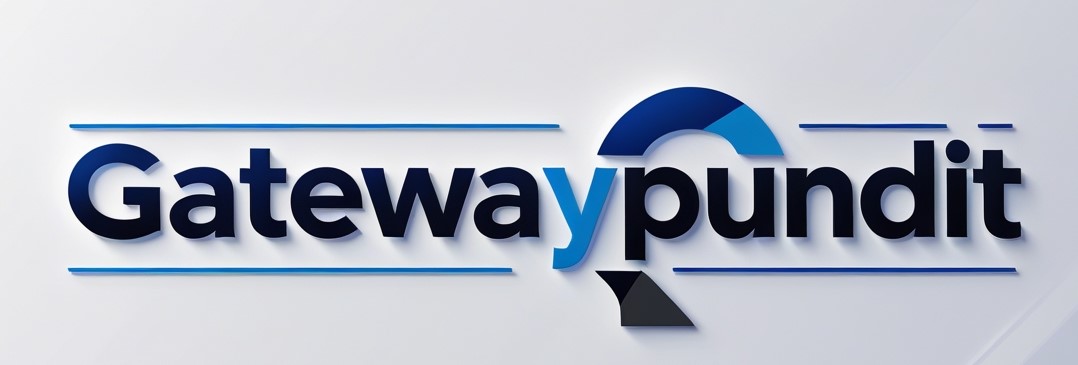Introduction
In today’s tech-driven compliance environment, organizations working with the U.S. Department of Housing and Urban Development (HUD) must ensure all their software licenses are managed effectively. Conducting a Doge software licenses audit HUD is a crucial step in staying compliant, avoiding penalties, and ensuring that all software usage aligns with licensing agreements and federal guidelines.
This comprehensive guide will walk you through the essentials of license audits, HUD-specific requirements, best tools for tracking, and strategies to ensure compliance without disrupting your operations.
What Is a Doge Software Licenses Audit HUD?
A Doge software licenses audit HUD is a formal process that verifies whether your organization’s use of Doge-related software complies with licensing agreements and HUD regulations.
The main goals include:
-
Ensuring all software is legally licensed.
-
Preventing unauthorized installations.
-
Confirming compliance with HUD procurement and IT guidelines.
-
Reducing risks of fines or legal disputes.
HUD-related projects often require meticulous documentation, and failing to meet software compliance standards can lead to funding delays or contract issues.
Why Is It Important for HUD Compliance?
HUD funding and contracts often involve strict IT governance policies. Software licensing is not just a legal requirement but also part of federal cybersecurity and operational efficiency standards.
Key reasons why this audit matters:
-
Avoiding Penalties – Non-compliance can lead to costly fines.
-
Ensuring Security – Licensed software often comes with security updates, reducing risks of breaches.
-
Meeting Contract Obligations – Many HUD contracts specify software license compliance as part of their terms.
-
Protecting Reputation – A compliance breach can damage trust with HUD and other partners.
Key Components of a Doge Software Licenses Audit HUD
When conducting an audit, it’s important to cover all aspects, from identifying licenses to documenting usage.
1. License Inventory
Create a complete inventory of all Doge software licenses audit HUD in use, including:
-
Product names
-
License keys
-
Purchase records
-
Renewal dates
2. Usage Tracking
Monitor how each license is being used and ensure it matches the allowed terms. Overuse or installation on unauthorized devices can be a compliance violation.
3. Documentation Review
HUD may require detailed records. Keep proof of purchase, vendor contracts, and any amendments related to software usage.
4. Compliance Mapping
Map your licenses against HUD’s IT compliance requirements to ensure there are no gaps.
HUD Requirements for Software Licensing
HUD’s requirements vary depending on the project and funding source, but common expectations include:
-
Use of licensed, secure software only.
-
Clear documentation of procurement and usage.
-
Periodic internal audits to confirm compliance.
-
Adherence to federal cybersecurity standards (like FISMA or NIST).
If Doge software licenses audit HUD is used in HUD-funded systems, it must meet both the software vendor’s licensing rules and HUD’s compliance framework.
Best Practices for a Successful Doge Software Licenses Audit HUD
To ensure a smooth audit process, consider these strategies:
1. Centralize License Management
Use a license management platform to track all software in one place. This helps avoid missing renewals or overuse.
2. Conduct Internal Pre-Audits
Run your own compliance checks before an official HUD audit to catch potential issues early.
3. Train Staff on Compliance
Employees should understand licensing restrictions to avoid unintentional violations.
4. Keep Digital and Physical Records
Maintain backups of contracts, receipts, and audit reports in both physical and cloud-based storage.
5. Engage with Vendors
Stay in touch with Doge software licenses audit HUD vendors for updates, policy changes, and renewal reminders.
Tools for Managing Doge Software Licenses
Effective software license management relies on the right tools. Here are some that can help:
-
Flexera – For enterprise-level license tracking.
-
ManageEngine AssetExplorer – Tracks licenses and IT assets in one dashboard.
-
Open iT LicenseAnalyzer – Detailed usage reports for optimization.
-
Spiceworks – A free tool for smaller organizations.
Choosing the right tool can reduce manual work and make compliance reporting easier for HUD audits.
How to Prepare for a HUD Software Audit
Preparation is key. Here’s a step-by-step checklist:
-
Review All Licenses – Make sure all Doge software in use is properly licensed.
-
Update Documentation – Ensure purchase records and agreements are up-to-date.
-
Verify Installations – Remove unauthorized or unused copies.
-
Test Compliance – Compare your setup against HUD requirements.
-
Create an Audit Folder – Store all relevant documents for quick access.
Common Mistakes to Avoid
-
Ignoring Expired Licenses – Using expired software is a clear violation.
-
Overlooking Remote Devices – HUD audits may include software on remote laptops or field devices.
-
Failing to Update Records – Outdated documentation can cause compliance issues.
-
Assuming HUD Doesn’t Check – Audits can happen unexpectedly.
Benefits of Staying Compliant
Compliance isn’t just about avoiding penalties — it can also improve your operations:
-
Enhanced IT security.
-
Better vendor relationships.
-
Increased chances of winning HUD contracts.
-
Reduced risk of audit stress.
Future Trends in HUD Software Licensing
As HUD’s IT compliance requirements evolve, expect more emphasis on:
-
Cloud Licensing – Tracking SaaS-based licenses.
-
Cybersecurity Integration – Licensing tied to security certifications.
-
Automation – AI-driven tools to monitor usage and compliance.
Conclusion
A Doge software licenses audit HUD is more than just a compliance checkbox — it’s a strategic process that protects your organization’s funding, security, and reputation. By following best practices, using the right tools, and staying informed about HUD regulations, you can ensure your software licensing is always audit-ready.







Leave a Reply